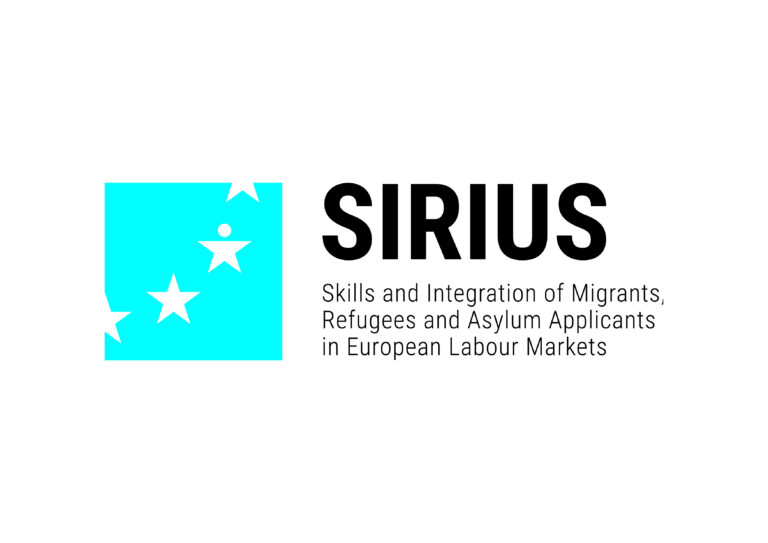Sirius workshop at CEPS – from the research to the policy angle on migrants’ integration
The workshop Revising the trend and recognising potential: towards more evidence-based policies on integration of migrants and refugees took place Wednesday 4 December at CEPS headquarter in Brussels. Besides being a great opportunity to present the Sirius project, the event was an opportunity for exchange and reflection among the various participants from the academic and institutional worlds and civil society representatives. Moreover, this was the purpose of the event, to try to develop and strength dialogue at a higher level of policymaking, in other words from a European viewpoint, rather than at the national level. To achieve this broad scope the approach was underpinned by an awareness that the challenges of migration and asylum are better addressed with a transnational vision.
After brief welcoming remarks and the setting of the agenda by Ms. Mehtap Akguç from CEPS and Sirius project Coordinator, Professor Simone Baglioni from Glasgow Caledonian University, the workshop was divided in two main sessions. The first session focused on the main research results from the Sirius project, so was framed within a research angle. Professor Baglioni presented an overview of Sirius focusing on the added value of the project and stressing how it may better explain the weak policies that have been made in the past here in order to better integrate migrants in the European labour market. Subsequently the floor was given to Professor Maria Mexi, from the University of Geneva, who in the framework of the Sirius project has studied the role of NGOs and civil society in the integration of migrants. Professor Mexi underlined the existence of two main models of integration, derived from the last two years of research: the northern European one, where migrants are mainly unemployed and often frustrated and the southern European models, where MRAs are more frequently employed but more than often exploited.
The floor was then given to Professor Veronica Federico from the University of Florence. Through a very engaging speech, Professor Federico explained the dynamism of the concept of migration, as well as its definition. She underlined the need for legal changes in order to enable the integration of migrants in the EU. The Professor from Florence University also stressed how legal barriers can create issues in the integration of migrants as for example the increased number of undocumented workers, work exploitation and irregular work and consequently social and economic dumping.
The second session of the workshop was focused on the policy angle. The panel was composed of different representatives of institutions and civil society: Mr Aujean from European Commission DG Home, Ms. Camilli, senior coordinator at ETUCE, Mr De Lobel, from the IOM office for Belgium and Luxemburg, Ms Hornung, senior adviser at BDA Confederation of German Employers’ Associations and last but not least, a Member of the European Parliament, Ms Strik, member also of the LIBE Committee. The focus during this session was on the need to reform policies for migrants’ integration, through a more tailored and multidimensional approach. During this panel the need for dialogue and cooperation between the main actors working on this field was also underlined.
The final discussion with the participants and the questions asked of the panelists raised further issues on which would be interesting to explore in future exchanges. Meanwhile the results of the research within the Sirius project, in its last year, are already a great legacy and provide a base from which to work for better policies for the integration of MRAs in European society and in the labour market. In this last year of the project SOLIDAR will have a concrete role to play in the communication and dissemination of these important results and their sustainability in the future.



